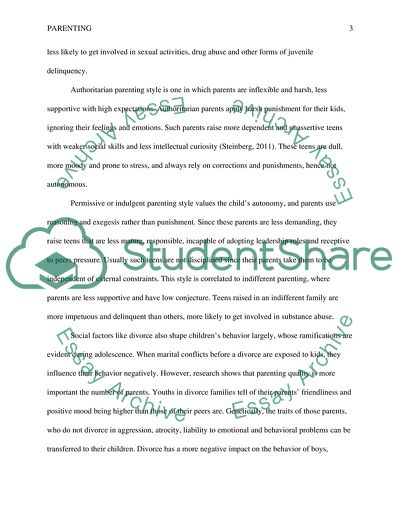Cite this document
(The Aspects of Parenting Coursework Example | Topics and Well Written Essays - 1750 words, n.d.)
The Aspects of Parenting Coursework Example | Topics and Well Written Essays - 1750 words. https://studentshare.org/psychology/1869471-parenting
The Aspects of Parenting Coursework Example | Topics and Well Written Essays - 1750 words. https://studentshare.org/psychology/1869471-parenting
(The Aspects of Parenting Coursework Example | Topics and Well Written Essays - 1750 Words)
The Aspects of Parenting Coursework Example | Topics and Well Written Essays - 1750 Words. https://studentshare.org/psychology/1869471-parenting.
The Aspects of Parenting Coursework Example | Topics and Well Written Essays - 1750 Words. https://studentshare.org/psychology/1869471-parenting.
“The Aspects of Parenting Coursework Example | Topics and Well Written Essays - 1750 Words”. https://studentshare.org/psychology/1869471-parenting.


